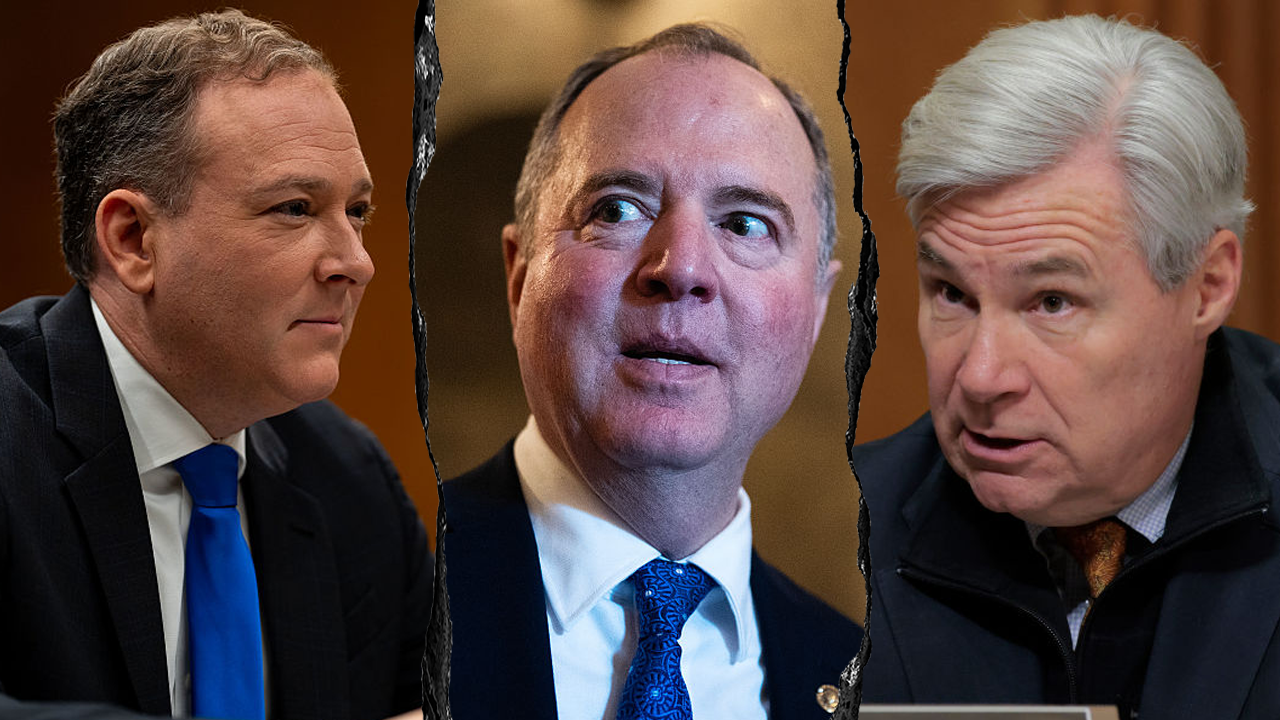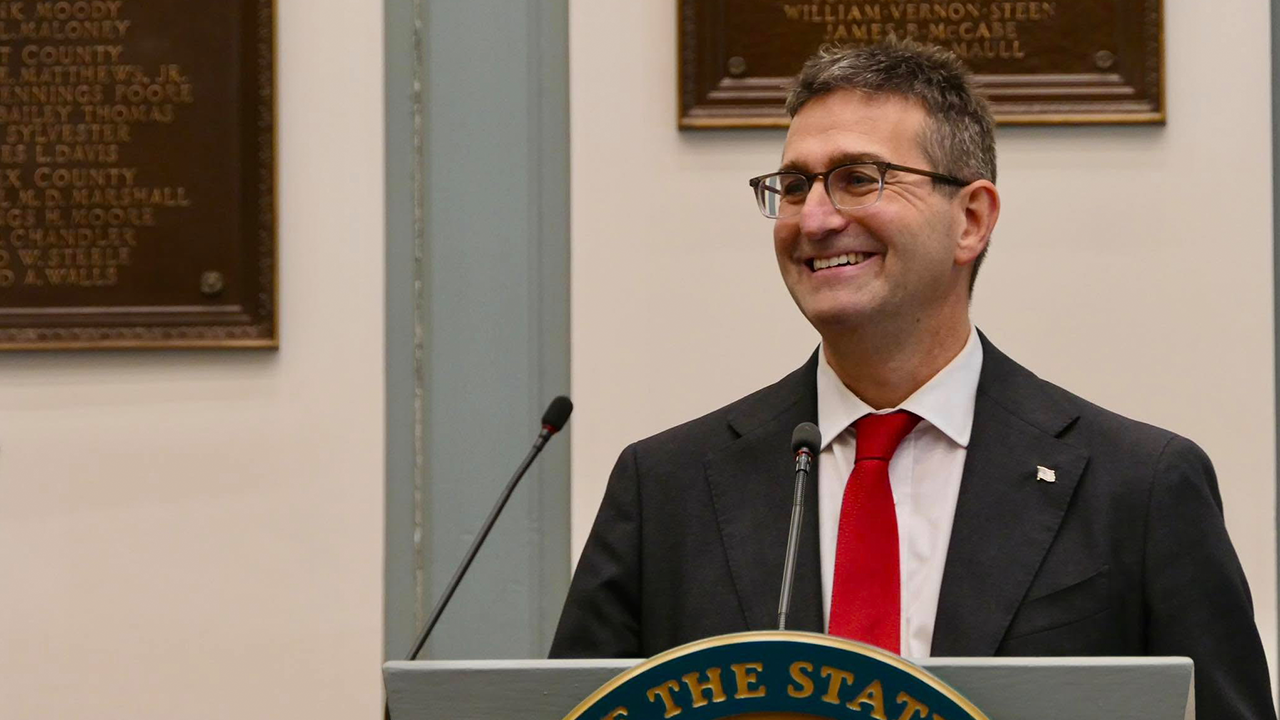I was never a fan of pleasantries because they seemed like a waste of time. Something that two people said to each other before they could say real things to each other. As years go by, more and more of our verbal interaction has taken the form of extended pleasantries. Little, it feels, that people say to each other is real. It’s about how they wish to look, how they can best position themselves, agenda.
That’s one reason I always loved the character of Norm Peterson on the sitcom “Cheers,” played by George Wendt, who has now cashed out his tab at the age of 76 and left this earthly barroom for one where I hope the kegs never run dry.
Norm was universal from the first time he entered the hostelry — as perpetual student and not-very-effective waitress Diane Chambers would have put it.
There was no more artful ingress in the history of American television than any of the many made by Norm, and they were so good, and had so much room for variability, that we got to witness one in every episode of the show.
You know the gag: Norm comes through the door, ready for a cold beer, someone asks him how he’s doing, and he answers.
But there’s more to it than that, isn’t there? I’m hesitant to even call the gag a gag, because it’s replete with a quality increasingly rare in our world: authenticity.
Norm doesn’t treat the inquiry — “How’s the world treating you, Norm?” — as perfunctory pleasantry. Which is what we almost always do.
In one episode, his response is, “It’s a dog-eat-dog world, and I’m wearing Milk-Bone underwear.” A query of “What’s shaking?” prompts a reply of “All four cheeks and a couple of chins.”
But in real life, when someone asks us how we are, we say, “Good, and you?” The truth is, we’ve just answered automatically, without a single thought, and we’re unlikely to be listening to whatever answer the other person gives us.
But what an amazing idea it is to ask someone how they are and care about the answer. To be invested in their well-being from the start. To jettison pretense and formality. And how subversive it is to treat another’s tossed-off query as though they cared. Maybe that shifts us all toward paying attention.
Norm always answered truthfully. He gave his interlocutor — and the patrons of the bar who enjoyed his quips — a tart response peppered with wit. But he was also willing to go there. And where’s that? To a place of being humble. Of admitting to struggle.
Now, Norm’s life might not have seemed arduous. He owned a house, had a wife who stood by him although he spent his evenings with the gang at Cheers — often dodging her phone calls. He didn’t work that much when he worked at all.
In a world that’s now rammed with loneliness, it’s easy to watch Norm and think, “I wish I had what that barfly had.” Norm has people. He’s both liked and loved.
Times change. I don’t think you could have a Cheers-type setup in our current iteration of life, but maybe you never could have one without sitcom magic. Shows idealize. But there’s truth and wisdom in both “Cheers” and Norm, without whom Cheers wouldn’t have been Cheers. And we can still wish. We must.
In “Crime and Punishment,” Dostoevsky wrote that everyone needs a somewhere. A somewhere can be a someone. It’s what helps us to be ourselves. Naked and open. Emotionally. Spiritually.
Norm never felt a need to embellish. He owned his struggles — what may have been his depression. His failings. He dished out the bons mots with each entrance like he was a thirsty Pascal who paid for his drinks in pensées, which made him an inspiration.
The gag never became less efficacious. It was the sitcom analogue to Conan Doyle’s “the trick,” the term for when Sherlock Holmes would dazzle Dr. Watson by telling him everything about someone just by looking at their walking stick.
I remember watching Norm when I was 8 and even then thinking he was cool. This wasn’t a star athlete. He could have lived across the street. He blew me away — as he made me laugh — simply by being brave enough to tell the truth about where he was at.
With Norm, the quotidian was never just the quotidian. It’s like in baseball: Everyone says in May that it’s early in the season, it doesn’t matter, but all the games still count as much as any of the other games.
That’s how Norm lived, and we have George Wendt to thank for Norm’s example, because you can’t imagine anyone else in the part. As to the question of how the world was treating Norm, I think the answer lies somewhere in how Norm understood what was important in the world. That’s worth a round on the house.
Colin Fleming is the author, most recently, of “Sam Cooke: Live at the Harlem Square Club, 1963.”





























